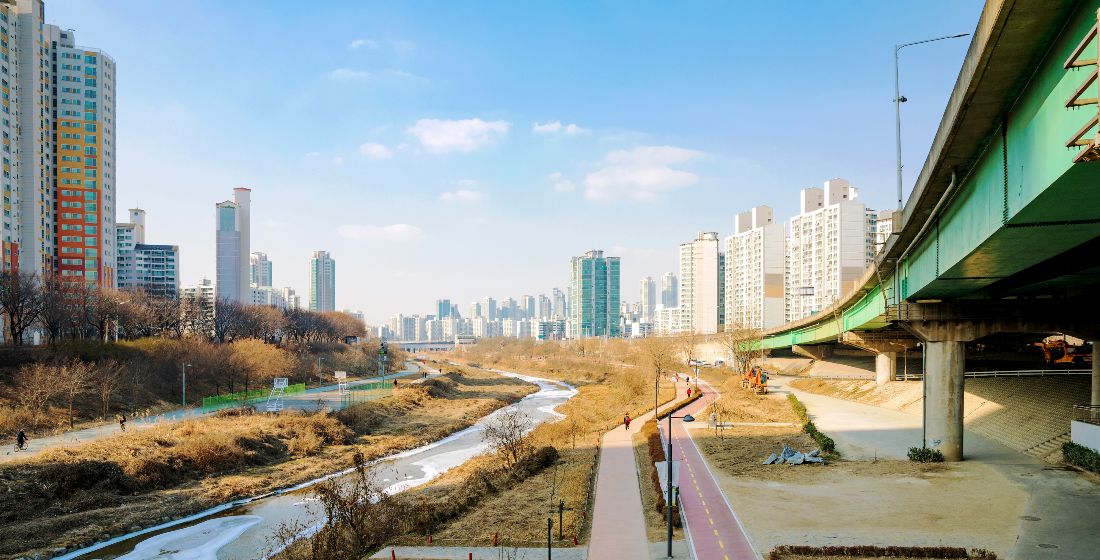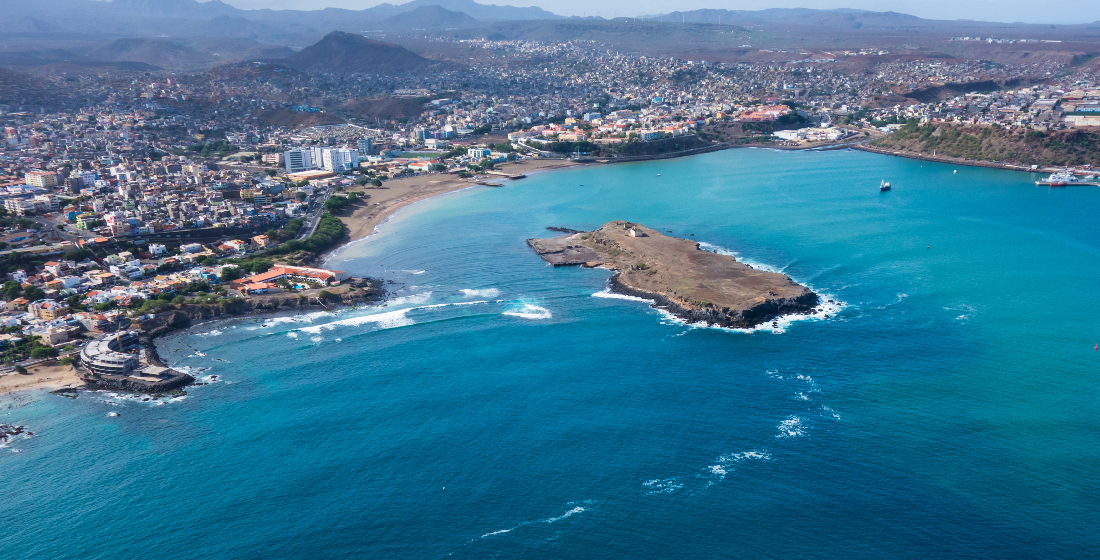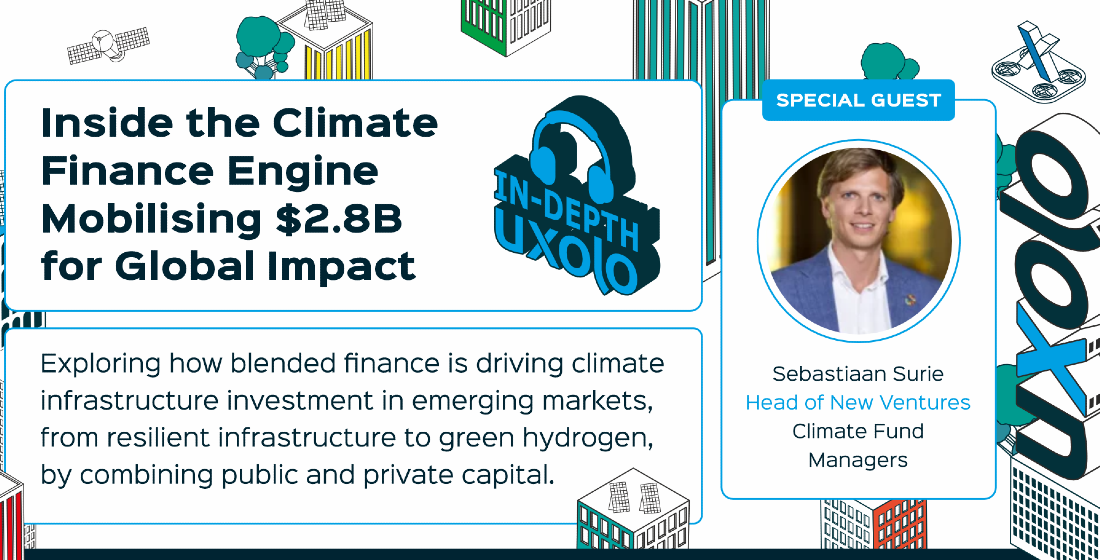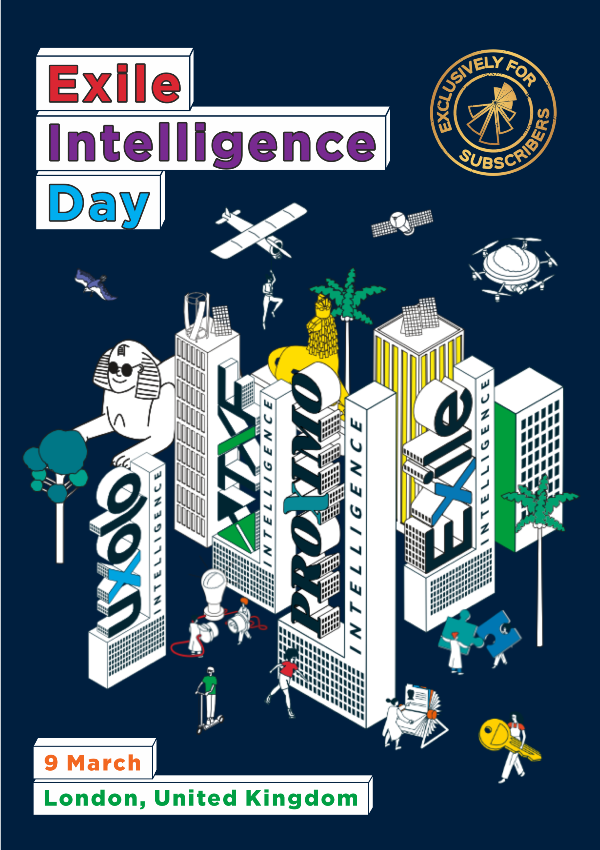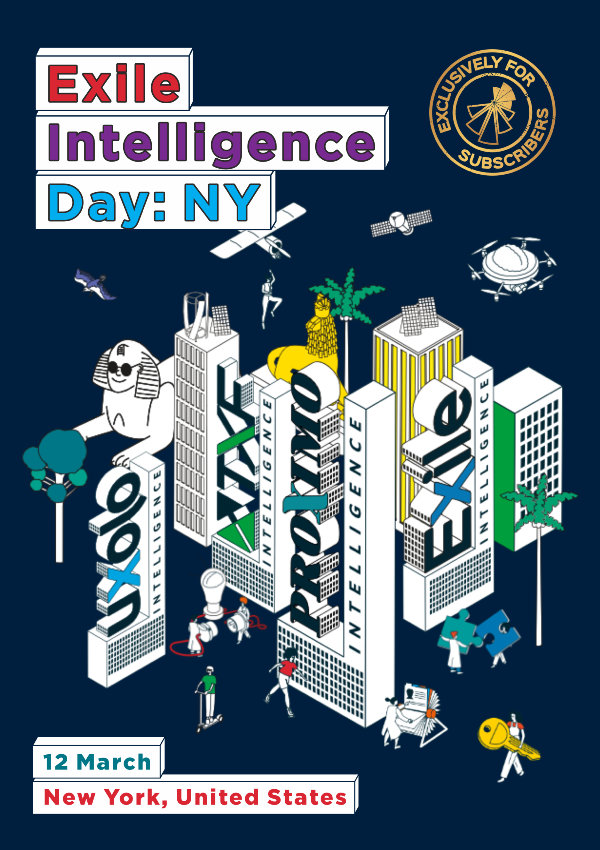Reimagining MDBs: How The Rockefeller Foundation is fuelling the engines of reform
Some of the most ambitious innovations in international development finance – from callable capital to rechannelling SDRs to forex risk exchange programmes – are being pushed forwards by philanthropic capital. Uxolo talks to Elise Larkin, Director, and Eric Pelofsky, Vice President, of Global Economic Recovery at the Rockefeller Foundation to find out how reform initiatives, like the MDB Challenge Fund, are getting ideas off the ground.
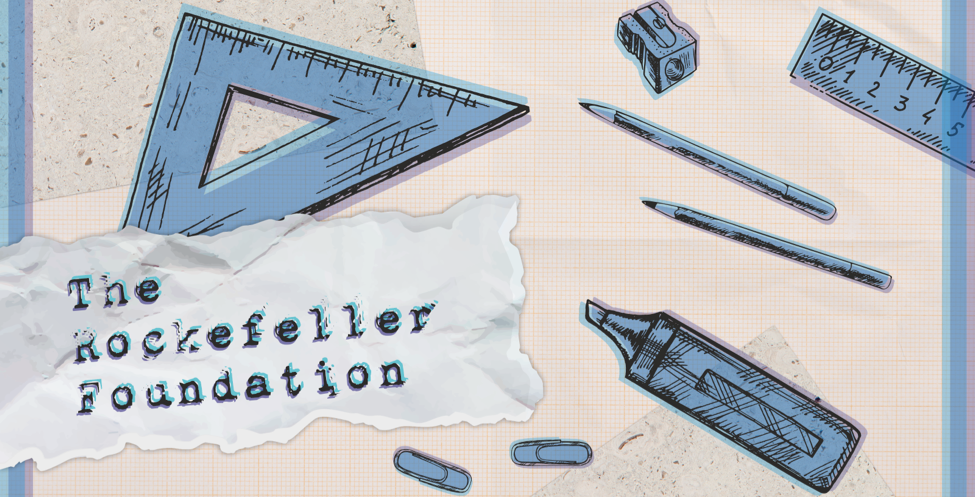
Uxolo: Firstly, could you give a sense of how revolutionary the MDB Capital Adequacy Framework (CAF) discussion is within the history of MDB reform and what its significance is for meeting the host of global challenges ahead and already here?
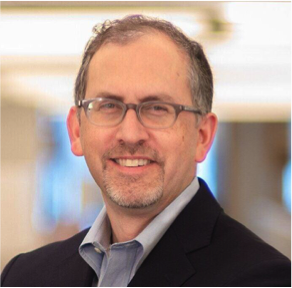 Eric Pelofsky (EP): There have been many attempts to reform the MDBs and the Bretton Woods system. While we cannot say whether this is the highest wave that has ever crested, I think it is a significant moment in time due to the confluence of a few things – a really severe economic crisis; the climate crisis; and several other crises around food, fuel, and interest rates. These crises are all wrapped inside a compounding tsunami with debt threatening to overtake many countries. This background has made the need for urgency and ingenuity all the higher.
Eric Pelofsky (EP): There have been many attempts to reform the MDBs and the Bretton Woods system. While we cannot say whether this is the highest wave that has ever crested, I think it is a significant moment in time due to the confluence of a few things – a really severe economic crisis; the climate crisis; and several other crises around food, fuel, and interest rates. These crises are all wrapped inside a compounding tsunami with debt threatening to overtake many countries. This background has made the need for urgency and ingenuity all the higher.
Who would have thought you could form an expert committee on capital adequacy, involve not just academics, but also central banks and Ministries of Finance, and try to move the needle. The number of ingenious ideas that have come out of that is really remarkable, and they are all centred around making the MDBs work better and stretching public dollars to realise their full utility.
Elise Larkin (EL): It was not a given that the CAF panel was going to be as impactful as it was. We see global financial architecture as this big political issue but the way this panel was done actually suspended the politics temporarily. At that time, under the Italian G20 Presidency and coming out of Covid, you had real subject matter experts come together on what historically has been considered quite a dry, technical subject. Because of that and the quality of the work, some of which Rockefeller has funded, it has had an outsize impact in terms of the history of G20 expert panels, of which there have been many.
Uxolo: How has the Rockefeller Foundation been supporting this work and developing this conversation?
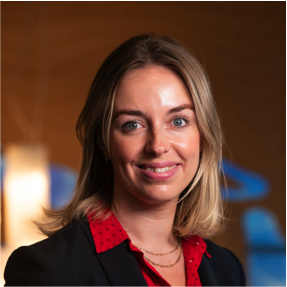 EL: Our work in the Global Economic Recovery team falls into three pillars: MDB reform; private capital mobilisation; and debt reform. We aim to take forward solutions that otherwise might become mired in process; for example, if they are sitting in an MDB without external support or acceleration, or left to governments to fund where there may not be the political will or bandwidth to prioritise them. Just being able to provide a really small amount of capital to get some of these solutions out there worked up and build support is key.
EL: Our work in the Global Economic Recovery team falls into three pillars: MDB reform; private capital mobilisation; and debt reform. We aim to take forward solutions that otherwise might become mired in process; for example, if they are sitting in an MDB without external support or acceleration, or left to governments to fund where there may not be the political will or bandwidth to prioritise them. Just being able to provide a really small amount of capital to get some of these solutions out there worked up and build support is key.
EP: For example, the MDB CAF panel said there were hundreds of billions of dollars available but did not say precisely where or how that capital could be unlocked. I suspect that was to avoid some of the challenges that they may have encountered reaching consensus. This is where we have a little more flexibility, and we funded a study by Risk Control that analysed the World Bank’s balance sheets using more commercial risk assessment tools. They found that IBRD could lend out an additional $162 billion, and IDA a bit more than $20 billion, without changing anything other than the way they do risk analysis within the bank.
We could also see a huge amount of new lending if MDBs changed the conversation with credit rating agencies and even more if they looked at callable capital, which is another one of the studies we helped to fund undertaken by ODI.
We were also present and part of the negotiations around Prime Minister Mottley’s visionary Bridgetown Initiative, which was pivotal and fired the starting gun on a lot of this other work. In the follow-up, we convened several ministerial meetings, bringing together Prime Minister Mia Mottley and a number of developed and developing country ministers to discuss how to advance the Bridgetown reforms. Bringing key leaders together and building coalitions is essential to bringing ideas off paper and into reality – this risk diplomacy, like our risk capital, is a key aspect of the work we do.
EL: There is also the MDB Challenge Fund, which we fund with our partner philanthropies the Bill and Melinda Gates Foundation and the Open Society Foundations. The ongoing ODI callable capital study was a recipient of this. The aim of the fund is to try to support solutions that are nascent but really show promise.
We have funded work around SDR rechannelling, around forex risk, individual policy solutions within the Bridgetown Initiative. Some of them would benefit from more technical work; for others, we already have solutions and now need to garner political will. That is definitely where the SDR rechannelling via the AfDB and IDB solution lies. In some instances too, particularly in the debt space, we are thinking much more about capacity building and how we support countries in the Global South to make their case on a more level playing field with creditors and the IMF.
Uxolo: Would you say from your observations that MDBs have been responding to this conversation enthusiastically and collaboratively? Are there any actors that are being left behind or, equally, that are charging the conversation?
EL: I think it is fair to say that within the banks and national governments, people are increasingly recognising the urgency of this and the conversation is gaining momentum. The climate crisis is an engine of that and a constant reminder to us all of the need for additional concessional financing to enable low and middle-income countries to adapt to all the climate shocks they are already experiencing and also to invest in mitigating future emissions.
But all of these institutions are quite different; they have different borrowers and constituencies, different leadership models and shareholders and, therefore, the responses do vary a little between MDBs. One of the things we try to do, particularly through things like the MDB Challenge Fund, is enable MDBs to play to their strengths. For example, the Caribbean Development Bank’s work on disaster relief clauses, which we are helping to fund, and the Risk Control study focusing in on the World Bank’s risk assessment strategies. There is the potential to work with other MDBs in areas where they want to innovate, such as our support for the African Development Bank (AfDB) and the Inter-American Development Bank (IDB) with their work on SDR rechannelling.
In terms of leadership, ADB has led the charge by announcing an extra $100 billion through CAF for implementation over the next decade to support the Asia-Pacific, which is massive. We also saw President Ajay Banga during the World Bank/IMF Annual General Meetings make some really significant and forward leaning interventions, and the proof will be in the pudding of how it is delivered through the World Bank system.
Uxolo: How long do you think it is going to take before we see some of these solutions implemented?
EL: The climate shocks being felt already, particularly by the most vulnerable, are a daily reminder of the urgency. It would be amazing to see a couple of real milestones next year on the 80th anniversary of the Bretton Woods agreement, but we should also recognise that this is going to be a process. What I do take heart in is that change does not always happen in a rational, linear, and incremental way; often change, especially change which is linked to politics, will happen quite haphazardly and very suddenly.
So, while I think it is quite difficult to put a timeframe on it, there are a couple of tipping points in this work that would mean ‘game on’. For example, some of the work on callable capital could have a really significant and outsized impact; the work the World Bank does in terms of acting on President Banga’s promises is another catalyst for others to follow suit; and the rechannelling of SDRs through MDBs, and operationalising the AfDB and IDB model and then also seeing other MDBs be able to leverage SDRs as a resource for climate and development could also be a way of unlocking a huge amount of additional capital.

